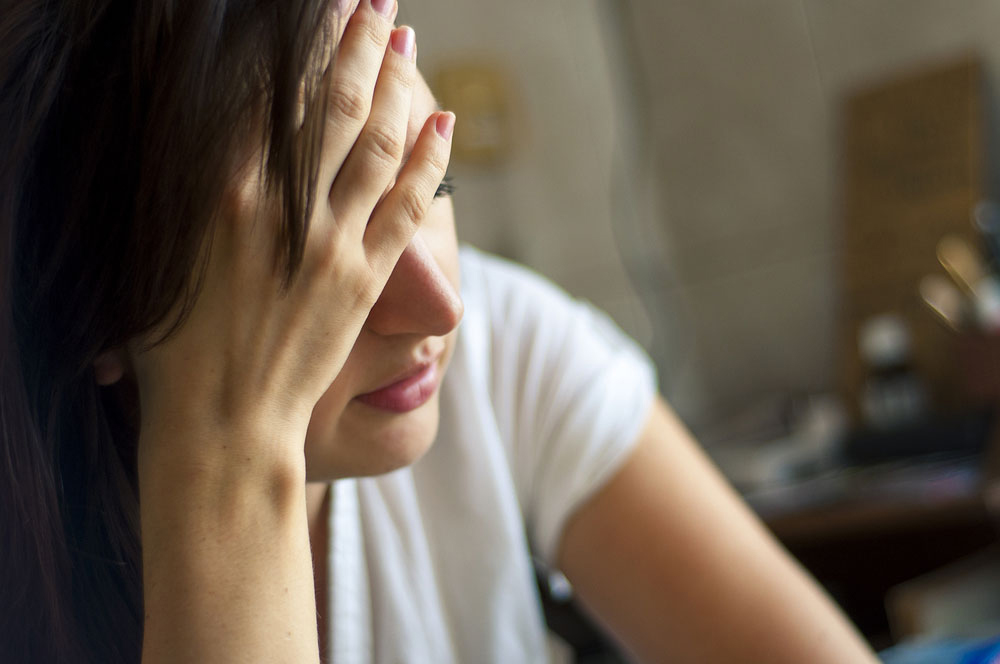TV shows and movies have popularized a misconception that obsessive-compulsive disorder is a benign personality quirk that causes people to be overly tidy, germophobic, or detail-oriented. However, the reality is far different for those living with it. OCD is a severe mental health condition characterized by a cycle of distressing, intrusive thoughts, followed by compulsive actions meant to avert dire consequences.
Understanding Intrusive Thoughts in OCD
Intrusive thoughts are unwanted and often disturbing ideas, images, or impulses that repeatedly enter a person’s mind. These are typically far more intense and ongoing than occasional worries about real-life concerns. For someone with OCD, these thoughts can trigger intense anxiety or uncontrollable discomfort.
Common themes of intrusive thoughts include the following.
- Contamination: Fears about germs, dirt, contagion, or spreading illness.
- Doubt: Persistent worry about forgetting something important, like turning off the stove or locking the door.
- Orderliness: An overwhelming urge to arrange objects in a particular way.
- Harm: Fears of harming yourself or others, despite no desire to do so.
- Forbidden thoughts: Unwanted aggressive or sexual thoughts, often involving religious or moral guilt.
The Cycle of OCD
The OCD cycle begins with an intrusive thought, leading to emotional distress. To reduce the anxiety, you perform specific behaviors known as compulsions. These often have a ritualistic quality and can take hours per day, such as washing your hands multiple times, repeatedly checking locks, or counting items. While these actions might provide temporary relief, the intrusive thoughts will eventually return.
A mental health professional can provide specific, evidence-based therapies to address your unwelcome thoughts and behaviors. For example, exposure and response preventionis the gold-standard OCD treatment. ERP involves repeatedly facing the source of your fear and learning healthier ways to react. Additionally, group therapy offers people with OCD and other mental health challenges a safe space for communal healing.
Antidepressants, particularly selective serotonin reuptake inhibitors, can reduce the frequency and intensity of your obsessions and compulsions, making therapy more effective. Try stress management practices like yoga and deep breathing to support your overall mental health.
The Connection Between OCD and Substance Use
The intense discomfort and anxiety caused by OCD may lead you to seek relief from various sources, including alcohol and drugs. While these substances might provide short-term relief, they can exacerbate your symptoms over time. Substance abuse can disrupt your brain’s chemical balance and disrupt emotional regulation, potentially worsening OCD symptoms. For example, alcohol is a depressant, which can intensify your compulsions or obsessions.
Understanding and Managing a Complex Disorder
OCD extends far beyond the stereotypes of being neat or organized. It is a severe condition marked by distressing intrusive thoughts and compulsive behaviors that can significantly impair your daily functioning.
At The Pearl, we understand that women have a higher lifetime risk of experiencing OCD than men. Our women’s treatment program offers a compassionate, comprehensive approach to help you learn to manage your symptoms and regain control over your life. Connect with us today to request help and start your recovery.




